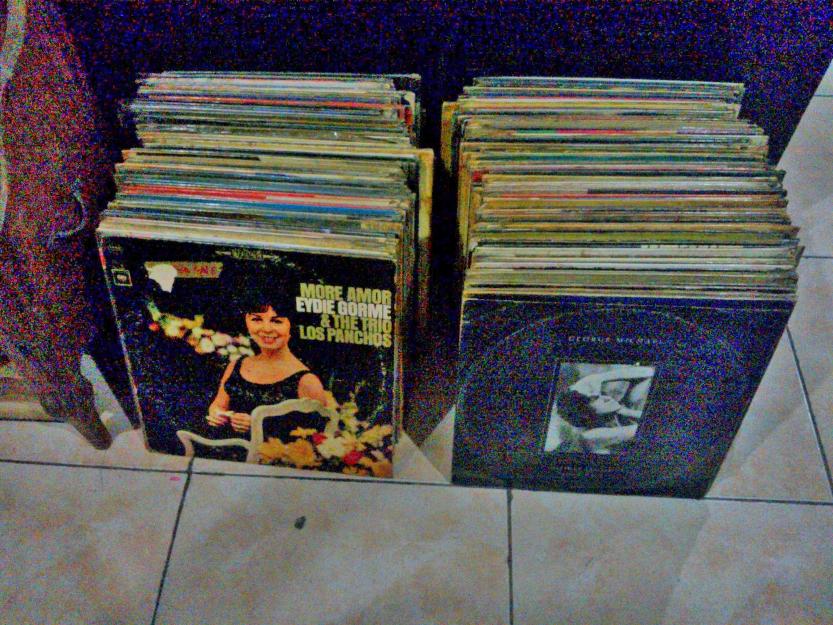This is Hunter Mahan, who was leading the Canadian Open after 2 rounds this past weekend. The winner of the tournament gets $1,008,000.
He withdrew from the tournament to be with his expectant wife. (If he’d withdrawn 9 months earlier, he wouldn’t be in this situation in the first place. Hey-oh!) Mrs. Mahan, we gratuitously mention, used to cheer for the Dallas Cowboys before advancing to the next occupation in the hierarchy, full-time adornment. Also, her name is Kandi. Not “Candy”, or even “Candi”, but “Kandi”. To be with her, Mahan had to fly from Toronto to Dallas-Fort Worth and then, presumably, heroically run through the hospital lobby to the maternity ward while a stern woman behind the information desk yells at him to remove his cleats because he’s destroying the linoleum.
Mahan is not an obstetrician, a nurse, a midwife, nor even a doula. But unlike those licensed professionals (and dubiously accredited charlatans, as the list progresses), Mahan does have an incredible talent for earning gigantic chunks of money in very concentrated periods. He was halfway to doing that this weekend, when contractions won out over contracts.
Again, $1,008,000. Not that leading after 2 rounds means he was necessarily going to win, but unless he were to suffer a Jean van de Velde-level meltdown, Mahan would be walking away with at least a few hundred thousand dollars. Instead he just up and quit, which did win him the non-monetary approbation of moonstruck women everywhere.
There have been previous instances of athletes taking inopportune days off to be with their pregnant wives. 20 years ago an NFL player missed a regular-season game and had to forgo $111,111 in salary. The culture has since softened considerably, and prioritizing the family’s paycheck now seems less-than-chivalrous. And increasingly uncommon.
That aside, the difference between Mahan and team-sport athletes is that the former isn’t on salary. Mahan can sit out all the tournaments he wants, or withdraw halfway through, without affecting any teammates or compromising anybody’s won-lost record. As long as he didn’t plan on winning, that is.
Let’s assume Mahan would have fought off the field and indeed won the Canadian Open. His wife would then have had to give birth with only trained medical staff and maybe her mother (if she’s sufficiently meddlesome) by her side. We’ll concede that Mahan might have provided some psychological benefit to his wife by being in the delivery room. And no, you can’t put a price on love.
Except you can, or at least on this particular manifestation of it. Again, $1,008,000. Instead of calling Mahan a selfless hero and the greatest husband ever, let’s assess this objectively. Is he really?
Go to your local community hospital and find one of the mamacitas ready to drop an anchor baby tonight. Oh, what the hell, you can even talk to an upwardly mobile U.S. citizen who’s about to give birth. Find one whose husband is standing around acting nervously while trying not to look useless as he awaits his escort into the delivery room. Then, offer the couple $1,008,000 on the stipulation that the husband leave the hospital and not return for 2 days.
Anyone who wouldn’t take the money is a prevaricator at best. Not just anyone of normal means, but literally anyone. Even Rupert Murdoch, who for some reason fathered his 6th child at 72 a decade ago, would have gone home and taken the money.
Is Hunter Mahan that rich? He’s not Murdoch-level rich, but he’s doing more than pretty well for a 31-year-old. His career earnings are $24 million, and with this year’s tour half over has won $2.3 million. Could have been $3.3 million, but what’s done is done.
Granted, a $1 million windfall means slightly less to a man who’s earned $24 million in his short life than it does to most of us. But that’s beside the point. Denying yourself money because of a relatively unimportant* non-monetary urgency shows a gross misunderstanding of what that money can do. It’s not as if Mahan had to pay a $1,008,000 ransom to get Kandi back from Sri Lankan terrorists. That would at least make sense. But refusing a 7-digit payday to fulfill some loosely unwritten social contract is bad parenting and bad husbanding to boot.
How much is it worth to show up in the delivery room and hold your wife’s hand when someone else can do it? Is it worth $1,008,000? Think about what the Mahans could have done with the money.
Everyone loves to acknowledge that a) there’s nothing more important than a college education and b) it can be a challenge to pay for one, right? What if by missing the birth of his child, Mahan had thus eliminated 4 years of tuition and boarding concerns, 18 years down the road? With tons of money left over, no less? Mahan could have bought an ostentatious house for…well, somebody, if not his wife and new kid. Instead, tournament winner Brandt Snedeker will get to make that decision instead.
If money accosts you on the street and says “Put me in your pocket” – or, less figuratively, requires you to spend your weekend protecting a 2-stroke lead – you’ve forfeited the right to ever complain about your financial situation again. Again, this wasn’t 100. This was 100 cubed. Part of the blame here lies with Kandi, who has now become so acclimated to luxury without concern that she didn’t say, “Hey! What are you doing? Get your butt back to Ontario and make us some money!”
Mahan’s hat sponsor Ping had nothing but accolades for Mahan. But we’re willing to bet that CEO John Solheim is secretly seething at seeing the Bridgestone logo atop Snedeker’s head as he hoisted the trophy Sunday afternoon.
*Yeah, we said it. He didn’t need to be there.





